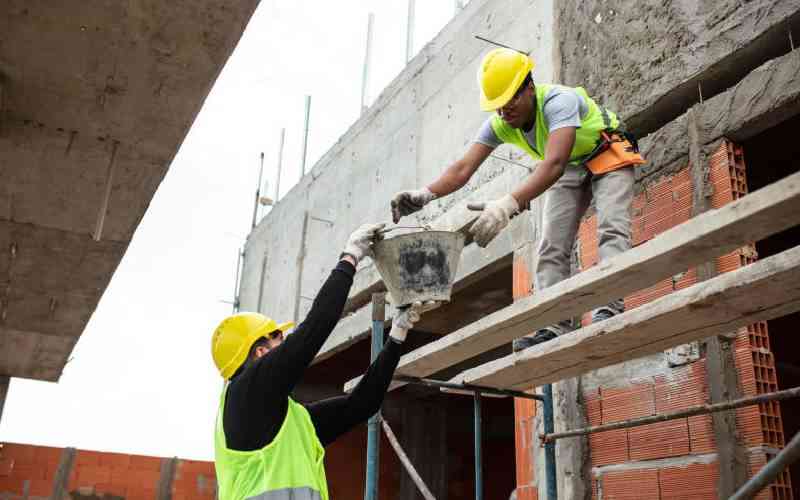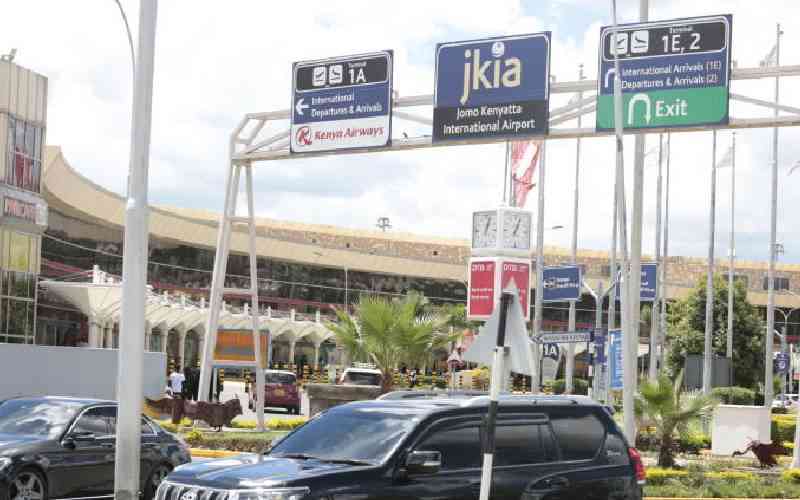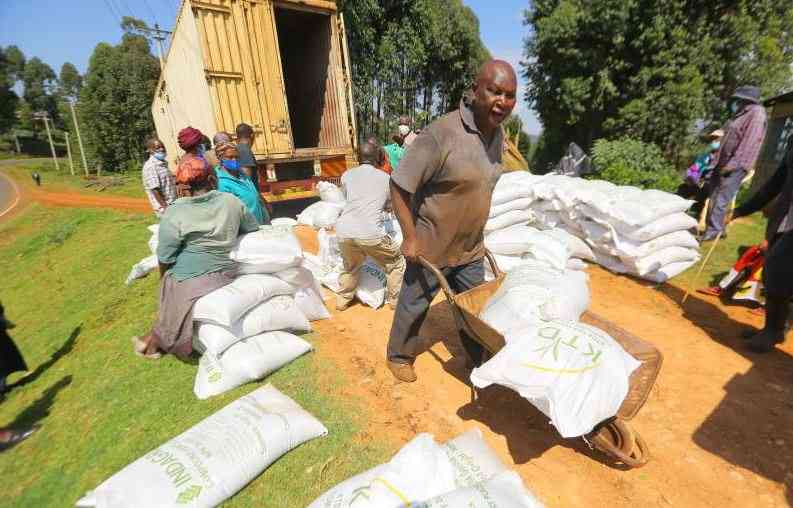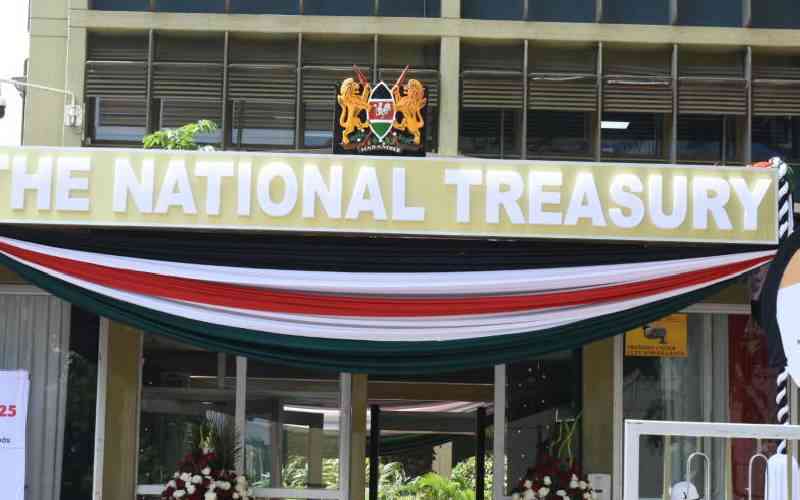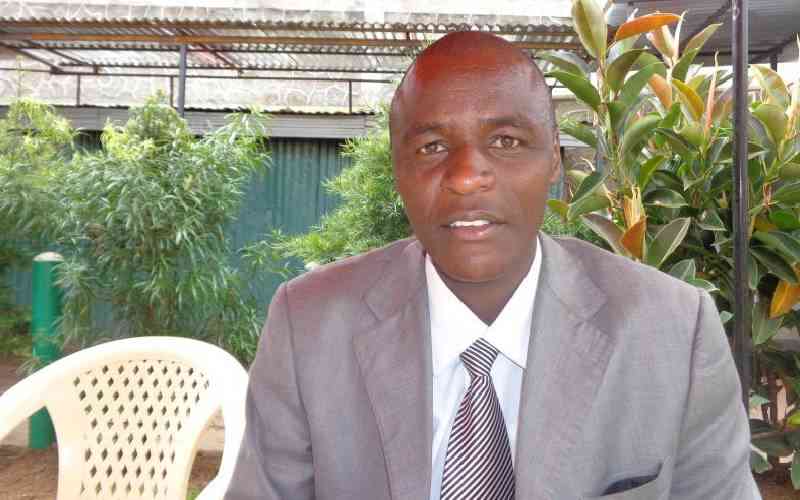
Uncertainty and anxiety have gripped parents, and education stakeholders ahead of the planned nationwide Saba Saba protests on Monday.
Several urban schools have already announced closures, citing safety concerns for pupils and staff, following recent demonstrations that escalated into violence, disrupted learning, and endangered lives.
In major towns including Nairobi, Mombasa, Kisumu, and Nakuru, school heads have issued urgent notices to parents, advising them not to send children to school on Monday.
“Due to safety concerns, learners are advised not to come to school. This decision has been made with the safety and well-being of our students and staff as our top priority,” reads one such message shared with parents.
A principal of a day school in Nairobi, speaking on condition of anonymity, confirmed the decision to suspend Monday’s classes.
“Considering the recent aftermath of protests, the school resolved to allow learners to remain at home. We operate in a sensitive environment and value the lives of our teachers and learners,” he said.
The move comes amid mounting fears that demonstrations led by Gen Z, with support from civil society organisations, could turn chaotic
The protests are intended to commemorate the historic Saba Saba movement of July 7, 1990, a pivotal moment in Kenya’s struggle for democratic reform. However, recent demonstrations have been marked by the use of tear gas, police confrontations, and fatalities.
Last month, pupils from schools located near protest hotspots were caught in clouds of tear gas, forcing some institutions to keep children in school late into the evening for safety.
Others faced difficulties getting home due to blocked roads and disrupted public transport. Tragically, at least one young protester was reportedly killed in Nairobi during a confrontation with police.
On Saturday, the Education Stakeholders Association of Kenya (ESAK) National Secretary, Ndung’u Wangenye, expressed concern over the recurring disruptions to learning caused by the unrest.
“Parents started receiving messages on Friday that children should not report on Monday, July 7, because of anticipated demonstrations. This is becoming too common and is seriously interfering with the already compressed academic calendar,” lamented Wangenye.
He warned that such interruptions are undermining the implementation of the Competency-Based Curriculum (CBC), which is now in full swing in both junior and senior secondary schools.
Silas Obuhatsa, Chair of the National Parents Association, urged the government to prioritise the safety of learners.
Stay informed. Subscribe to our newsletter
“The government should ensure that the security of learners and parents is guaranteed in order for them to release children to school,” Obuhatsa said.
He noted that many parents, including public servants, are willing to send their children to school or attend work but are held back by fears related to security and transport. “Let no one assume parents want to defy work schedules. What they want is assurance that their children will be safe, and that they too can move freely without fear,” Obuhatsa added.
The Motorists Association of Kenya (MAK) joined calls for calm, urging the government to facilitate—rather than frustrate—peaceful demonstrations. “It is the duty of the government, through the National Police Service, to facilitate constitutional rights, not criminalise them,” said MAK in a statement.
The association emphasised that public transport must remain uninterrupted and warned against using excessive force. “Police should avoid using tear gas, live bullets, or excessive force against unarmed protesters,” the statement added.
This fear of transport disruptions has prompted adjustments to national school events. The Kenya Music Festival 2025 regional competitions scheduled for July 7, in the Nyanza, Western, and Rift Valley regions have been either postponed or compressed.
In Rift Valley, a festival official confirmed that activities initially scheduled for seven days have been squeezed into six.
“Since students are expected to travel long distances, we moved the dates to begin on July 8 to avoid risking the lives of our learners and teachers,” the official said.
Despite the rising tension, the government has maintained that today is a normal working day. On Sunday, Public Service Cabinet Secretary Geoffrey Ruku issued a stern warning to civil servants, emphasising that absenteeism would not be tolerated.
“Monday, is not a public holiday. Public officers are expected to report to their duty stations from 8am to 5pm, in line with HR policies and procedures,” he said.
His remarks were met with criticism. Kenya Secondary School Heads Association (Kessha) Chair Willie Kuria noted that while teachers are committed to their work, volatile conditions make it difficult to deliver.


